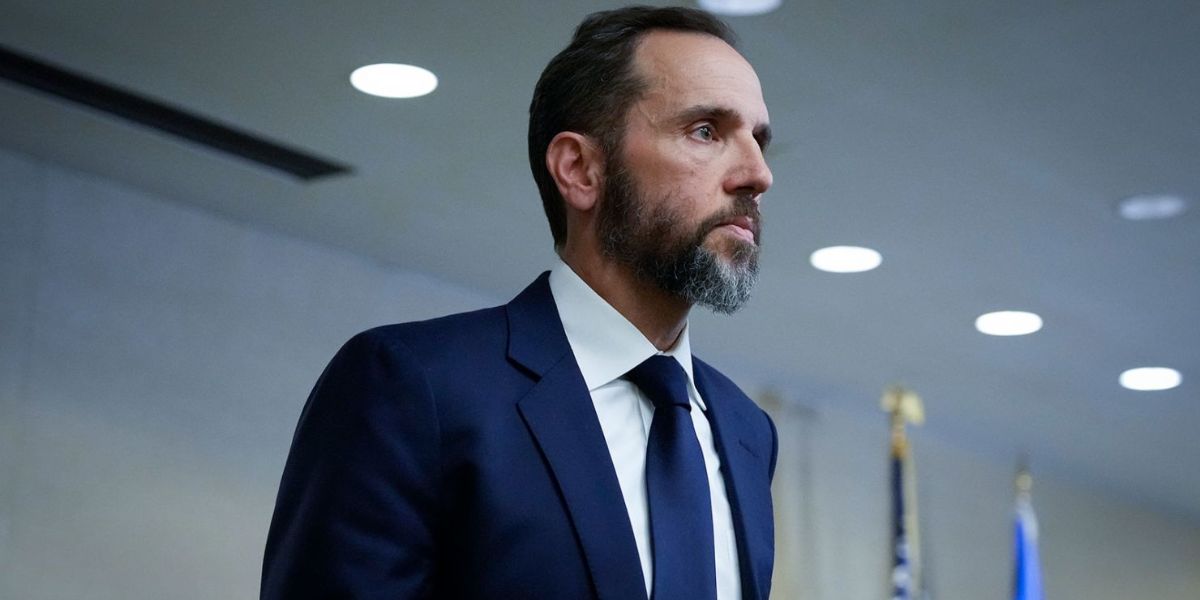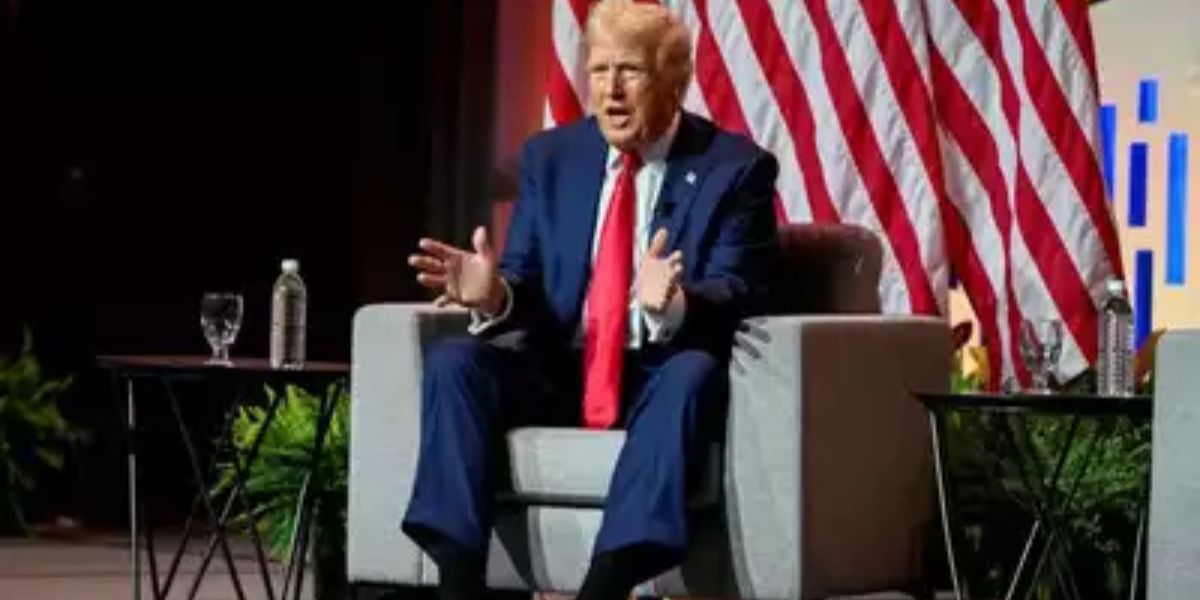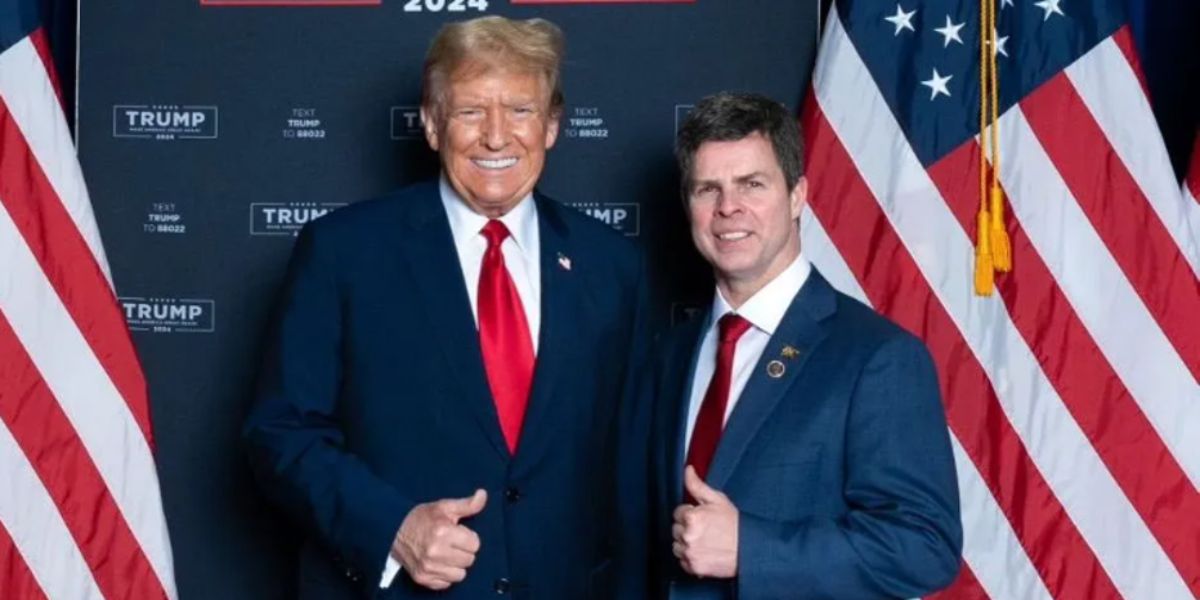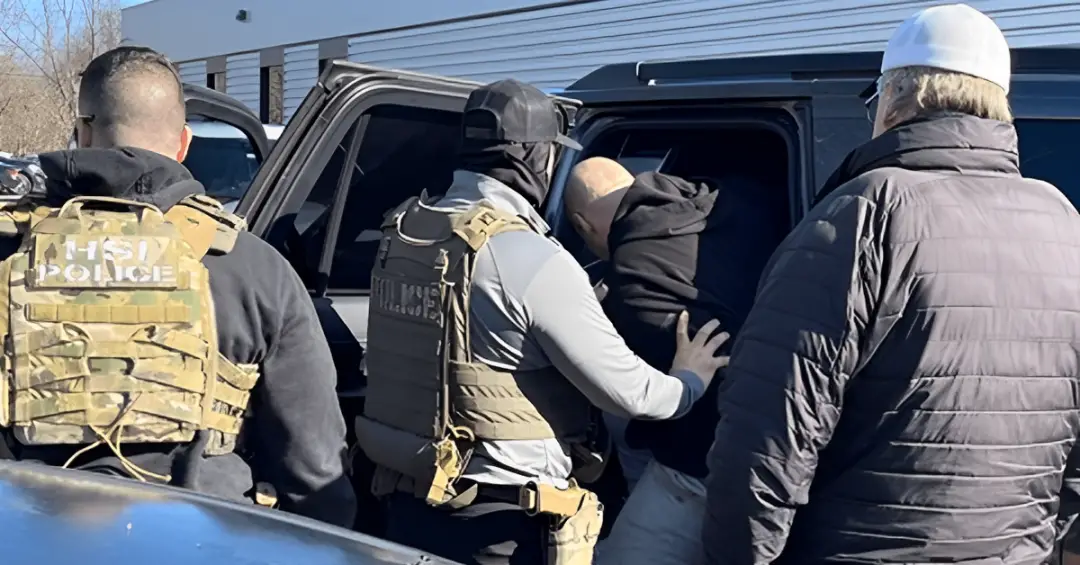MJP –
By Thursday, special counsel Jack Smith is anticipated to have submitted an “oversized” brief in the case involving the electoral interference of former president Donald Trump in Washington D.C. The case’s presiding judge believes the briefing is necessary in light of the Supreme Court’s decision granting presidential immunity.
There were immediate parallels to previous special counsel reports, such as those of Robert Mueller or Robert Hur, when Smith asked for permission to submit an argumentative brief that was up to 200 pages long. The president is granted substantial legal immunity for official “core constitutional acts.” This is in reaction to a verdict by the Supreme Court earlier this year.
The latest lawsuit gives Smith a chance to argue that Trump’s attempts to reverse the 2020 election results do not constitute official acts, which were previously thrown into disarray by the Supreme Court decision.
According to Salon, attorney Ty Cobb, who was a lawyer for Trump in the White House, said that Smith’s submission was essential and proper given the recent Supreme Court decision, but that it probably won’t be similar to special counsel reports.
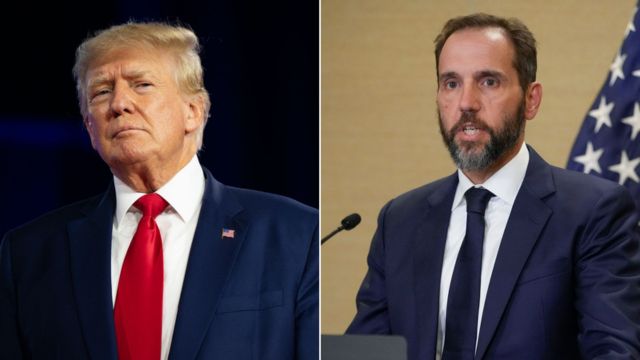
“The Mueller report was 400 pages of ‘we didn’t find anything.'” In contrast, Cobb promised that the upcoming report would contain 180 pages of information that was forceful, compelling, and persuasive. “The judge has to decide if it violates the president’s official acts or if it could limit presidential decision-making if those areas go beyond what the constitution allows.”
The fact that the document will be available in both public and private formats raises concerns about the possibility of extensive redactions. In response, Cobb stated his belief that “the bulk of the evidence will be out there for public viewing.” Much of the evidence, he said, is already out in the open, such as Trump’s call to Brad Raffensperger, the Georgia secretary of state.
In response to “the Supreme Court’s dramatic expansion of Presidential immunity,” Hofstra University constitutional law professor James Sample stated that “an oversized, highly detailed legal brief, detailing with as much factual specificity as is possible, is not only appropriate but necessary.” Sample consequently agreed that the filing was necessary.
California Wildfire Response in Jeopardy: Trump’s Threat to Withhold Aid Provokes Strong Reactions
“Jack Smith’s filing is essential both for the task of categorizing official and non-official acts, but also for the filing’s value in adding to the historical narrative of one of the gravest attacks on democracy in American history,” Sample said. This is because Trump and his nakedly partisan Supreme Court allies have so stunningly succeeded in thwarting the truth-finding mechanism of an adversarial trial.
Concerning the anticipated information in the file and the possibility of redaction, Sample cited a remark from former Supreme Court Justice Louis Brandeis, who stated that “sunlight is the best disinfectant.” on the subject.
Sample argued that the special prosecutor’s filing would be a public utility if it revealed details about the “complex, violent, deadly, and very-nearly successful effort to overturn the 2020 election,” regardless of whether the filing was legally necessary.
According to Bennett Gershman, a law professor and former prosecutor at Pace University, “given the closeness to the upcoming election” could explain why parts of the filing are redacted. However, he did note that many of Trump’s actions in trying to reverse the election results “clearly were not official acts.”
Gershman argued that Trump’s personal meetings with conspirators, threats directed towards former Vice President Mike Pence, and remarks made on social media did not constitute official conduct. Regarding Congress’ certification of election results, he went on to say, “Trump had no constitutional authority with respect to the functioning of the Legislative Branch, and Pence’s official responsibilities with the Legislative Branch.”
The submission will emphasize these arguments, provide details and evidence that has not been made public yet, and clearly differentiate between proof of official conduct, according to Gershman. “It is absurd and without merit for Trump to assert presidential immunity for the acts outlined above.”
According to Sarah Krissoff, a former federal prosecutor, the prosecution and defense may disagree on the issue of redactions. Krissoff said that the Supreme Court’s decision requires a “fact-dependent” investigation to establish whether an action was official and that “Trump’s team very much does not want all those facts aired (and analyzed) in public.”
“To protect against the dissemination of information that is damaging to the former president,” Krissoff stated, adding that the defense team wants the redactions to be as broad as possible. The judge will likely have to decide how broad the redactions are because to the conflicting priorities of the three parties involved: the government, the defense, and the press.
“You can be sure the Harris campaign will borrow allegations from the 180-page filing and use it,” said David Schoen, one of the attorneys who represented Trump during the second impeachment hearing. Schoen implied that he believes the move is politically deliberate. He went on to say that in his opinion, the filing goes against the Justice Department’s policy of not suing a candidate within sixty days after an election.
“They are aware that the case won’t be tried before the election and they are eager to make a statement. Therefore, they will present their version of events along with the basic accusations, without providing any opportunity for counterargument or cross-examination, and without demanding that their claims be proven beyond a reasonable doubt,” Schoen explained.

